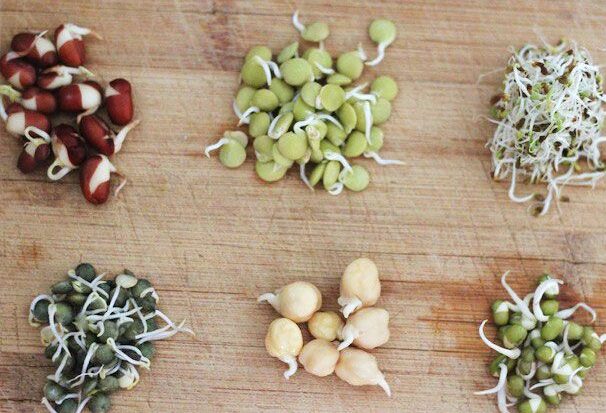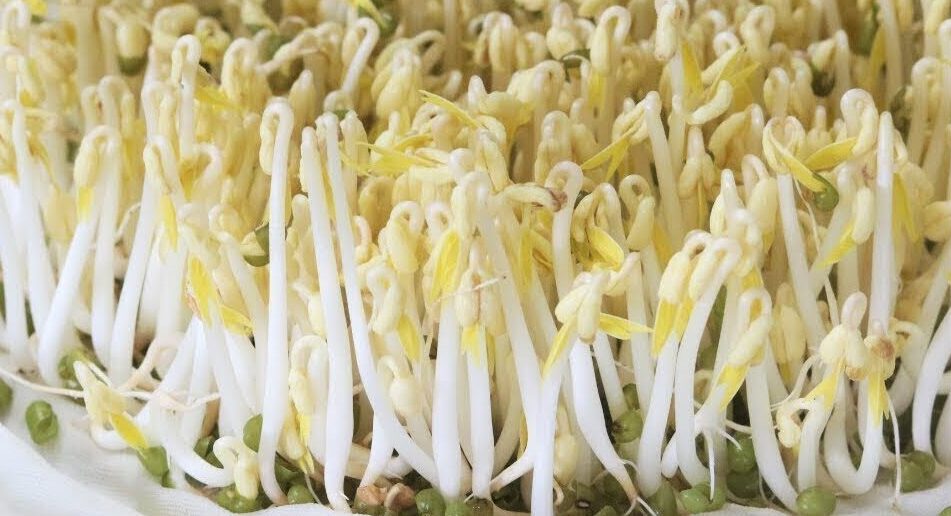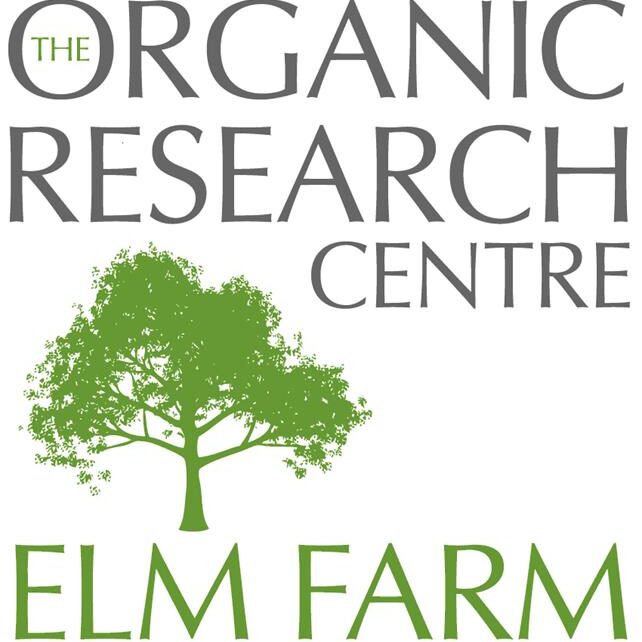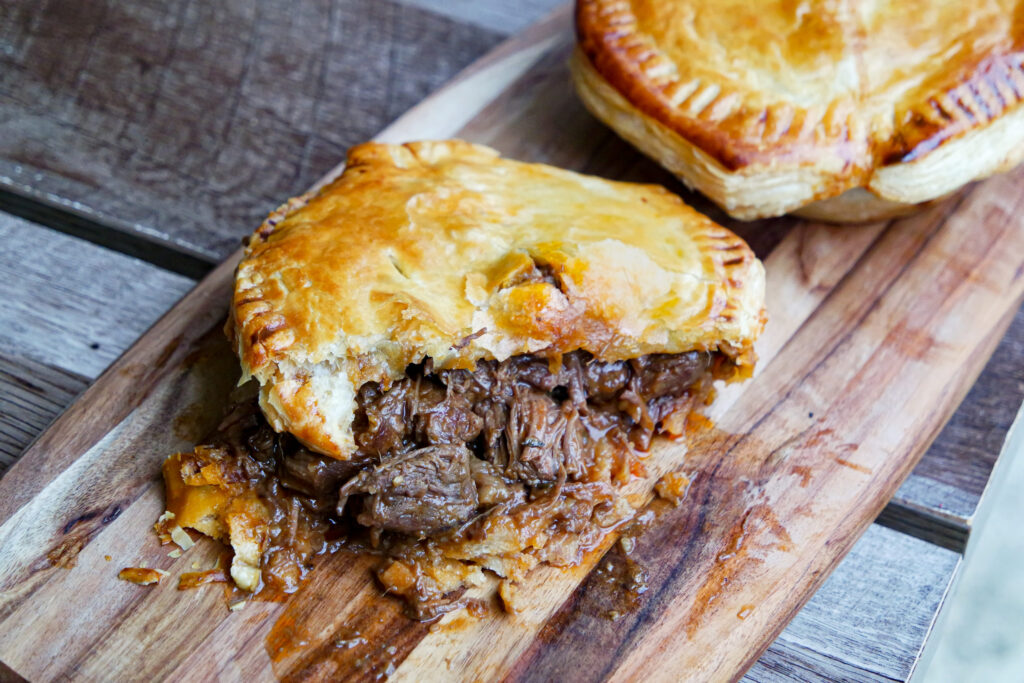Table of Contents
Bean sprouts, known as “toge” in many parts of the world, are the tender young shoots that emerge from germinated beans or seeds. These crunchy and nutritious sprouts are widely used in culinary traditions around the globe and are prized for their versatility and health benefits. Let’s delve into the various advantages of incorporating bean sprouts into your diet.
Exploring the Benefits of Bean Sprouts (Toge)

1. Nutrient-Rich Superfood:
Despite their small size, bean sprouts are packed with essential nutrients, including vitamins, minerals, and antioxidants. They are particularly rich in vitamin C, vitamin K, folate, and manganese, making them a valuable addition to a balanced diet.
2. Low in Calories, High in Fiber:
Bean sprouts are low in calories and fat, making them an excellent choice for weight management and calorie-conscious diets. Additionally, they are high in dietary fiber, which promotes digestive health, regulates blood sugar levels, and helps maintain a feeling of fullness.
3. Source of Plant-Based Protein:
Bean sprouts are a valuable source of plant-based protein, making them an ideal addition to vegetarian and vegan diets. Protein is essential for muscle growth and repair, and bean sprouts provide a convenient and nutritious way to meet your daily protein needs.
4. Supports Heart Health:
The fiber, vitamins, and antioxidants found in bean sprouts can help support heart health and reduce the risk of cardiovascular disease. Fiber helps lower cholesterol levels, while antioxidants protect against oxidative stress and inflammation, both of which are linked to heart disease.
5. Promotes Skin Health:
Bean sprouts contain vitamin C, which plays a crucial role in collagen production, a protein that supports skin structure and elasticity. Additionally, the antioxidants found in bean sprouts help protect skin cells from damage caused by free radicals, promoting a healthy and youthful complexion.

6. Boosts Immune Function:
The vitamin C content of bean sprouts helps boost immune function by supporting the production of white blood cells, which are essential for fighting off infections and illnesses. Including bean sprouts in your diet can help strengthen your body’s natural defenses and keep you feeling healthy year-round.
7. Supports Bone Health:
Bean sprouts are a good source of vitamin K, which plays a key role in bone health and calcium metabolism. Vitamin K helps maintain strong and healthy bones by supporting bone mineralization and reducing the risk of fractures and osteoporosis.
8. Versatile Culinary Ingredient:
Bean sprouts are incredibly versatile and can be incorporated into a wide range of dishes, including salads, stir-fries, soups, sandwiches, and wraps. Their mild flavor and crunchy texture complement a variety of cuisines and cooking styles, making them a popular choice in many culinary traditions.
9. Economical and Easy to Grow:
Bean sprouts are affordable and easy to grow at home, requiring minimal equipment and space. With just a few simple steps, you can sprout beans or seeds in your kitchen and enjoy fresh, nutritious bean sprouts whenever you like.
10. Sustainable Food Source:
Bean sprouts are a sustainable food source that requires fewer resources, such as water and land, compared to mature plants. By incorporating bean sprout into your diet, you can support environmentally friendly food production practices and reduce your ecological footprint.
Bean Sprouts, or toge, offer a multitude of health benefits, including being nutrient-rich, low in calories, and versatile in culinary applications. Whether you’re looking to boost your immune system, support heart health, or simply enjoy delicious and nutritious meals, bean sprout are a valuable addition to any diet. Incorporate these crunchy and flavorful sprouts into your favorite dishes and reap the rewards of their many health-promoting properties.
Pros and Cons of Bean Sprouts (Toge): Exploring the Benefits and Drawbacks
Bean sprouts, also known as “toge,” are celebrated for their nutritional value and culinary versatility. However, like any food, bean sprouts come with their own set of advantages and disadvantages. Let’s delve into the pros and cons of incorporating bean sprout into your diet.

Pros of Bean Sprouts (Toge):
- Nutrient-Rich: Bean sprout are packed with fiatogel essential nutrients, including vitamins (such as vitamin C, vitamin K, and folate), minerals (such as manganese and potassium), and antioxidants. These nutrients support overall health and well-being.
- Low in Calories: Bean sprout are low in calories and fat, making them an excellent option for individuals looking to manage their weight or reduce calorie intake. They provide volume and satiety without contributing significantly to calorie consumption.
- High in Fiber: Bean sprout are a good source of dietary fiber, which promotes digestive health, regulates bowel movements, and helps control blood sugar levels. Fiber also contributes to a feeling of fullness, aiding in appetite control and weight management.
- Plant-Based Protein: Bean sprout are rich in plant-based protein, making them a valuable addition to vegetarian, vegan, and plant-based diets. Protein is essential for muscle repair, growth, and overall body function.
- Heart Health: The fiber and antioxidants in bean sprout support heart health by reducing cholesterol levels, lowering blood pressure, and decreasing the risk of cardiovascular disease. Consuming bean sprout as part of a balanced diet may contribute to a healthy heart.
Cons of Bean Sprouts (Toge):
- Potential for Contamination: Bean sprout are prone to bacterial contamination, particularly with pathogens like E. coli and Salmonella. Improper handling, storage, or sprouting conditions can increase the risk of foodborne illness associated with bean sprout consumption.
- Short Shelf Life: Bean sprout have a relatively short shelf life compared to other vegetables and may spoil quickly if not stored properly. They should be consumed promptly after purchase or sprouting to minimize the risk of spoilage and food waste.
- Allergic Reactions: Some individuals may be allergic to legumes, including beans and their sprouts. Allergic reactions to bean sprout can range from mild to severe and may include symptoms such as itching, swelling, hives, or difficulty breathing.
- Oxalate Content: Bean sprout contain oxalates, compounds that can contribute to the formation of kidney stones in susceptible individuals. People with a history of kidney stones or kidney disease may need to limit their intake of foods high in oxalates, including bean sprouts.
- Environmental Concerns: The production of bean sprout may have environmental impacts, such as water usage, pesticide use (if non-organic), and energy consumption. Sustainable farming practices and responsible sourcing can help mitigate these concerns.
Conclusion:
Bean sprouts, or toge, offer a range of health benefits, including being nutrient-rich, low in calories, and high in fiber and plant-based protein. However, they also come with potential drawbacks, such as the risk of contamination, short shelf life, and allergic reactions. By understanding the pros and cons of bean sprout and practicing safe food handling and preparation techniques, individuals can enjoy the nutritional benefits of these crunchy and flavorful sprouts while minimizing any associated risks.
Read More Article “Discover Amsterdam: A Captivating Journey into Its Heart“




